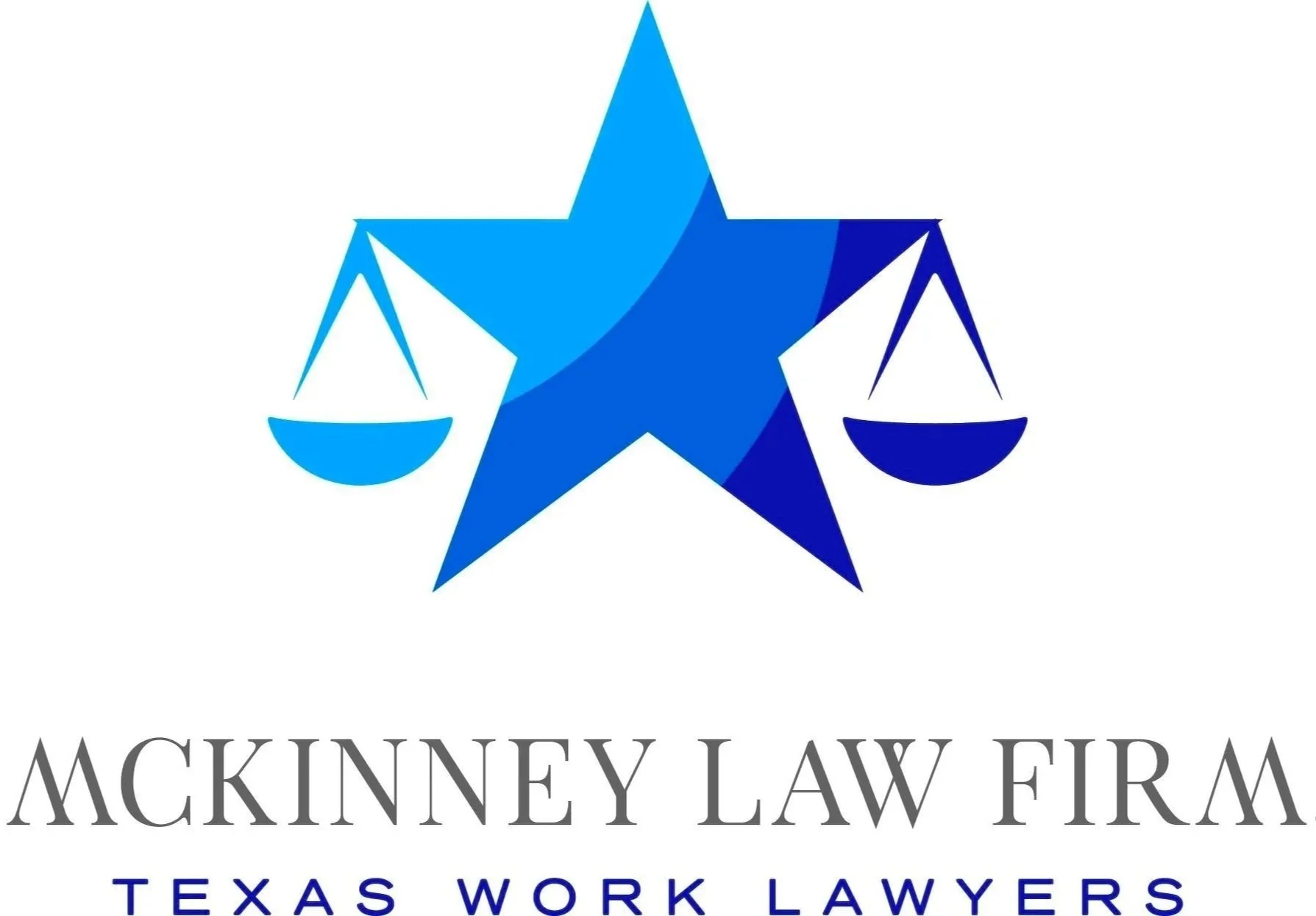Do I Need to Hire a Lawyer to Review My Severance Agreement?
/In a word, Yes.
As an employment lawyer, I spend a considerable amount of time reviewing severance agreements for clients. Severance agreements are often filled with complicated legal issues and can be challenging to understand and properly navigate. Besides the dollar value of the package, there are several types of clauses in most severance agreements that employees should be aware of. While situations differ as to how negotiable a severance agreement is in once case versus another, it is always advisable to have a board certified employment lawyer review the document with you so that, at the the very least, you understand all of the ramifications of the agreement you are signing.
Here are a few of the clauses that clients often need assistance with:
1. The Severance Payment: If an employee is already entitled to receive a severance payment, whether pursuant to an employment contract or company policy, there is no need to sign a severance agreement to get that money. An attorney can help ensure that if the employee does sign an agreement, it provides more than any severance payment the worker was already entitled to. An experienced employment lawyer may also have a sense of whether the amount being offered is within the usual range for the relevant industry.
2. Money the Employee is Already Owed: An employer who owes an employee money – for unused vacation time or unreimbursed expenses, etc – must pay it regardless of whether a severance agreement is signed.
3. Benefits: A severance agreement should explain what benefits the employee will receive upon separating from the employer and deal with continuation of health care benefits (if applicable) or with COBRA notice requirements.
4. Release of Claims: Employers usually want a full legal release from the employee as a part of any severance agreement. Several issues can drop up here, including the effect of the release on benefit plans and/or on existing claims (workers compensation, disability claim, etc). This release will usually cover all claims regardless of whether the employee even knows the potential claim exists. So it is important to speak with an attorney so that you know if you actually have any claims and whether they should be released in return for the severance being offered by the employer.
5. Non-Disparagement and References: Severance agreements often forbid employees from speaking badly about their employer even after they leave the company. Sometimes the agreement contains language dealing with how the company will respond to future inquires regarding the employee from prospective employers.
6. Restrictive Covenants & Noncompete Agreements: Many employees are bound by non-compete and non-solicit agreements created in employment contracts or other documents they have signed. These agreements prohibit the employee from competing with the employer in certain areas for a specific amount of time, and from hiring other workers away from the employer. Where these restrictions already exist, a lawyer should ensure that the severance agreement does not expand them. Where the employee has not already entered agreements on these topics, the attorney can work to limit the time and scope of restrictions the separation agreement imposes.
These are just a few of the myriad issues that might need to be addressed as a part of a severance agreement review. If you are offered a severance agreement, it is important to hire an attorney to review it BEFORE you sign. But not just any attorney -- just as you would probably not hire a real estate lawyer to defend you in a criminal proceeding, you should make sure to seek out an employment law specialist when hiring an attorney to review a separation agreement. An experienced employment attorney can help protect employees, including executives and professionals, from the risk of waiving rights unnecessarily or leaving severance money on the table.








